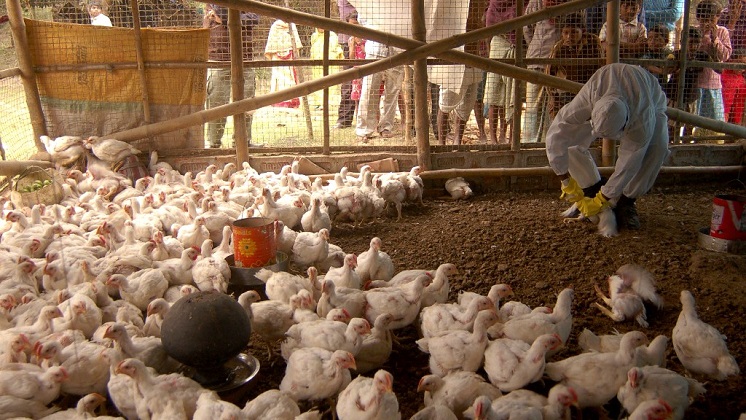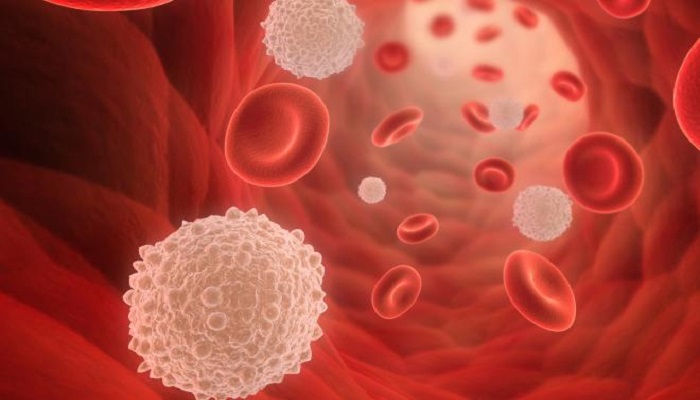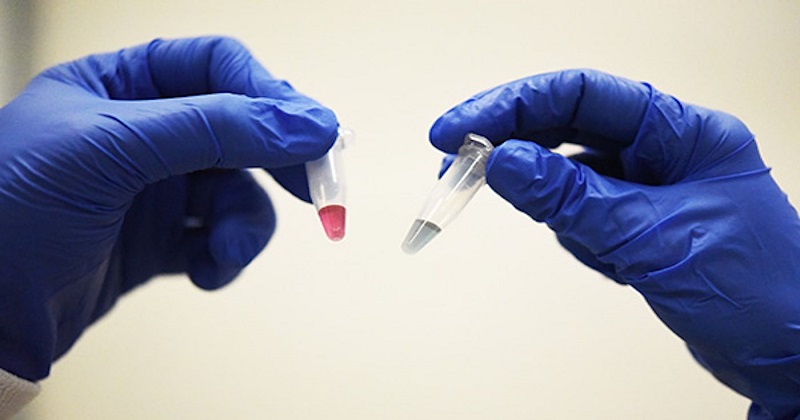

Scientists have found that genetically modified chickens that produce human proteins in their eggs can offer a cost-effective method of manufacturing drugs for treating cancer. According to researchers from the University of Edinburgh in the UK, high quantities of the proteins can be recovered from each egg using a simple purification system. The process has no adverse effects on the chickens themselves, which lay eggs as normal.
Eggs are already used for growing viruses that are used as vaccines, such as the flu jab. However, this new approach is different because the therapeutic proteins are encoded in the chicken’s DNA and produced as part of the egg white.

The team has initially focused on two proteins that are essential to the immune system and have therapeutic potential. One of them is a human protein called IFNalpha2a, which has powerful antiviral and anti-cancer effects. The other is the human and pig versions of a protein called macrophage-CSF, which is being developed as a therapy that stimulates damaged tissues to repair themselves.
Just three eggs were enough to produce a clinically relevant dose of the drug. As chickens can lay up to 300 eggs per year, researchers say their approach could be more cost-effective than other production methods for some important drugs. The researchers added that they are not yet producing medicines for people. They said, however, the study shows that chickens are commercially viable for producing proteins suitable for drug discovery studies and other applications in biotechnology.

Protein-based drugs are widely used for treating cancer and other diseases. Production of these drugs turns out to be quite expensive due to complex purification systems and additional processing techniques.

Post Your Comments